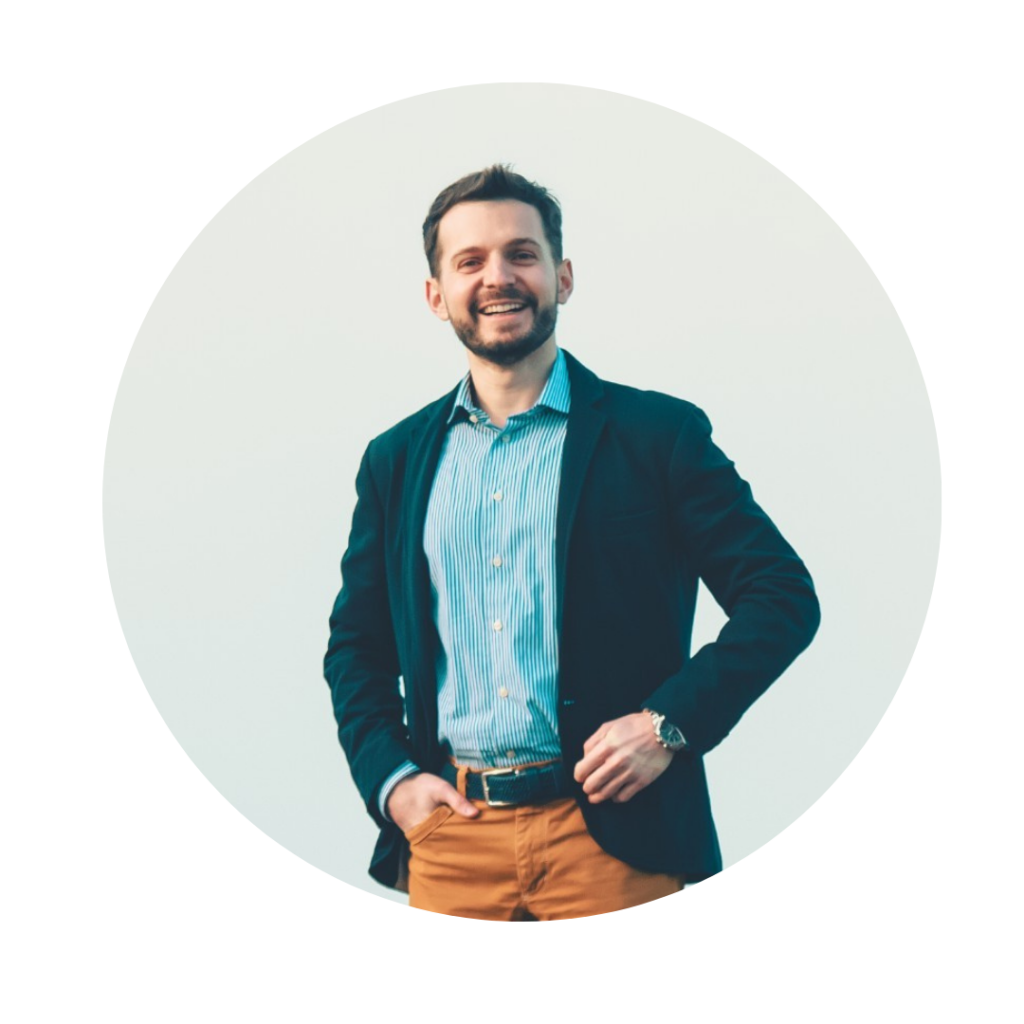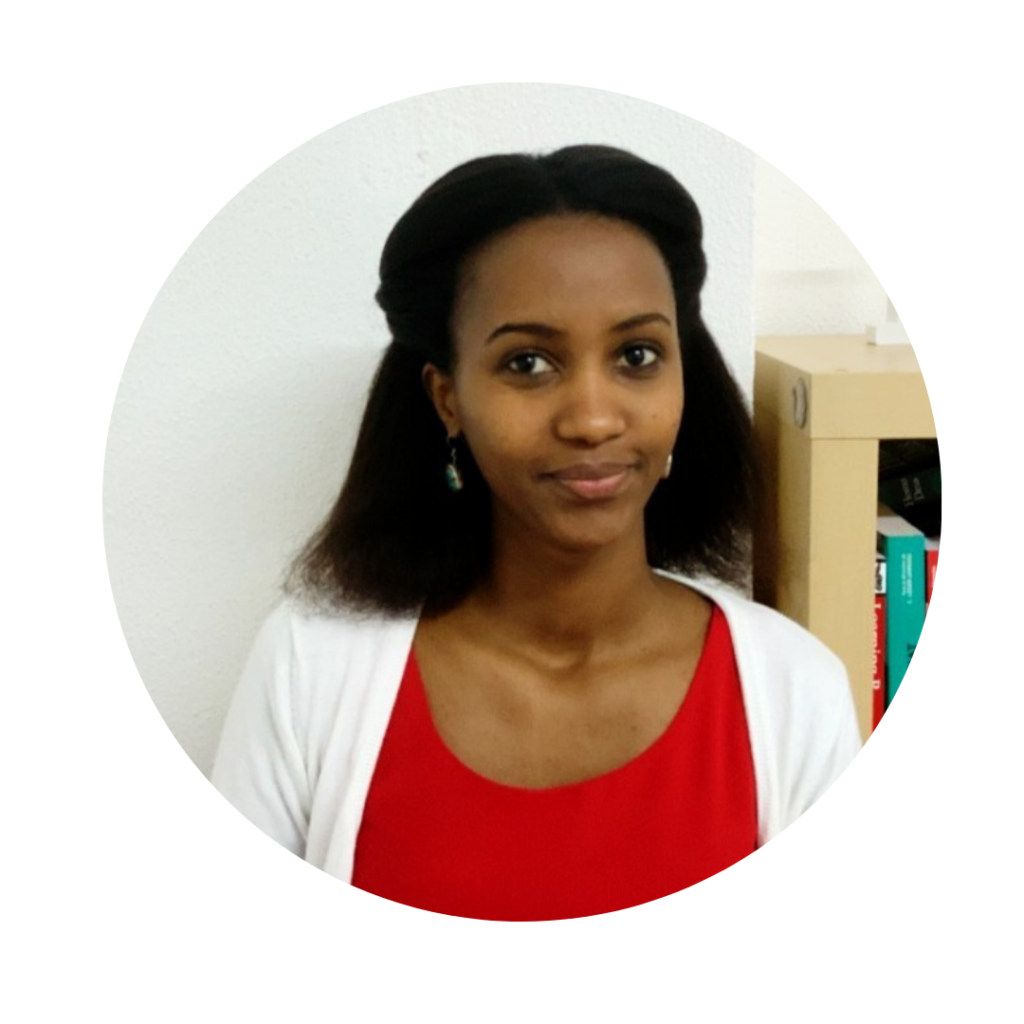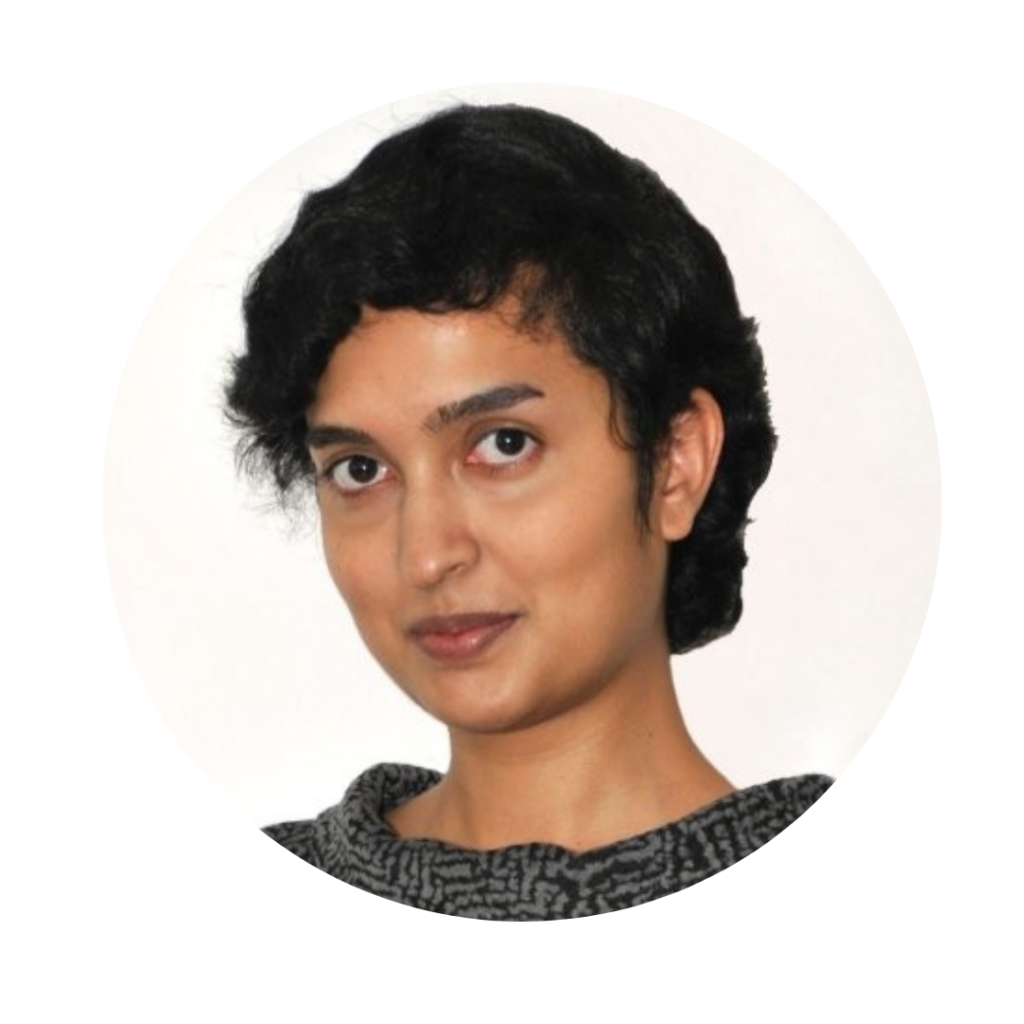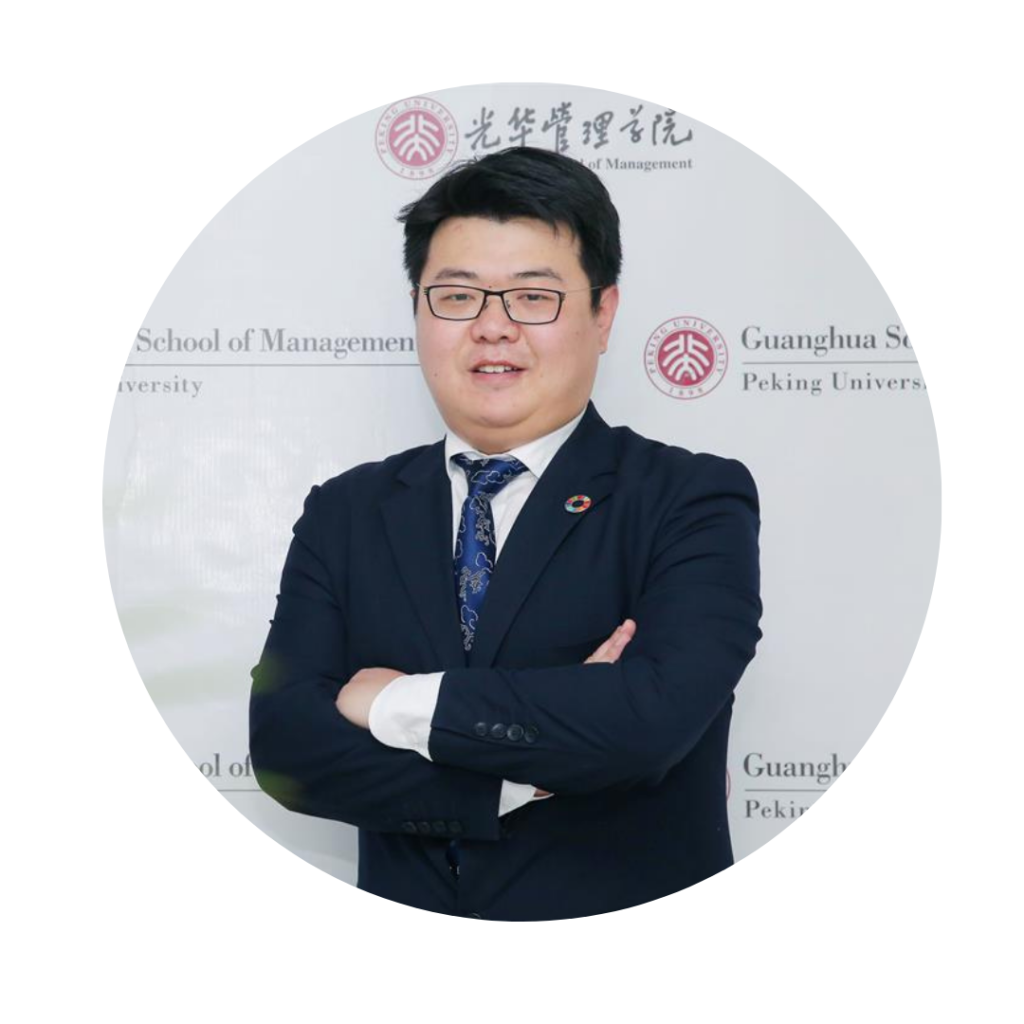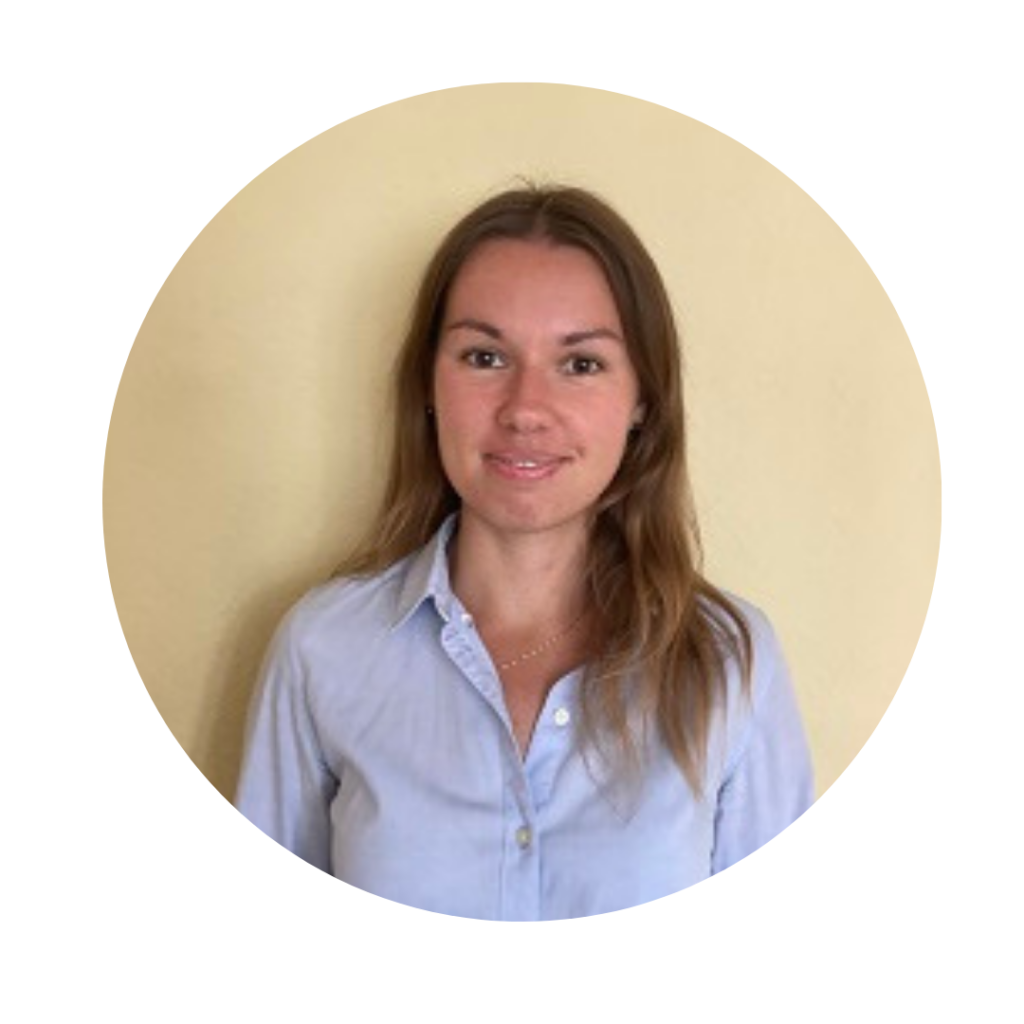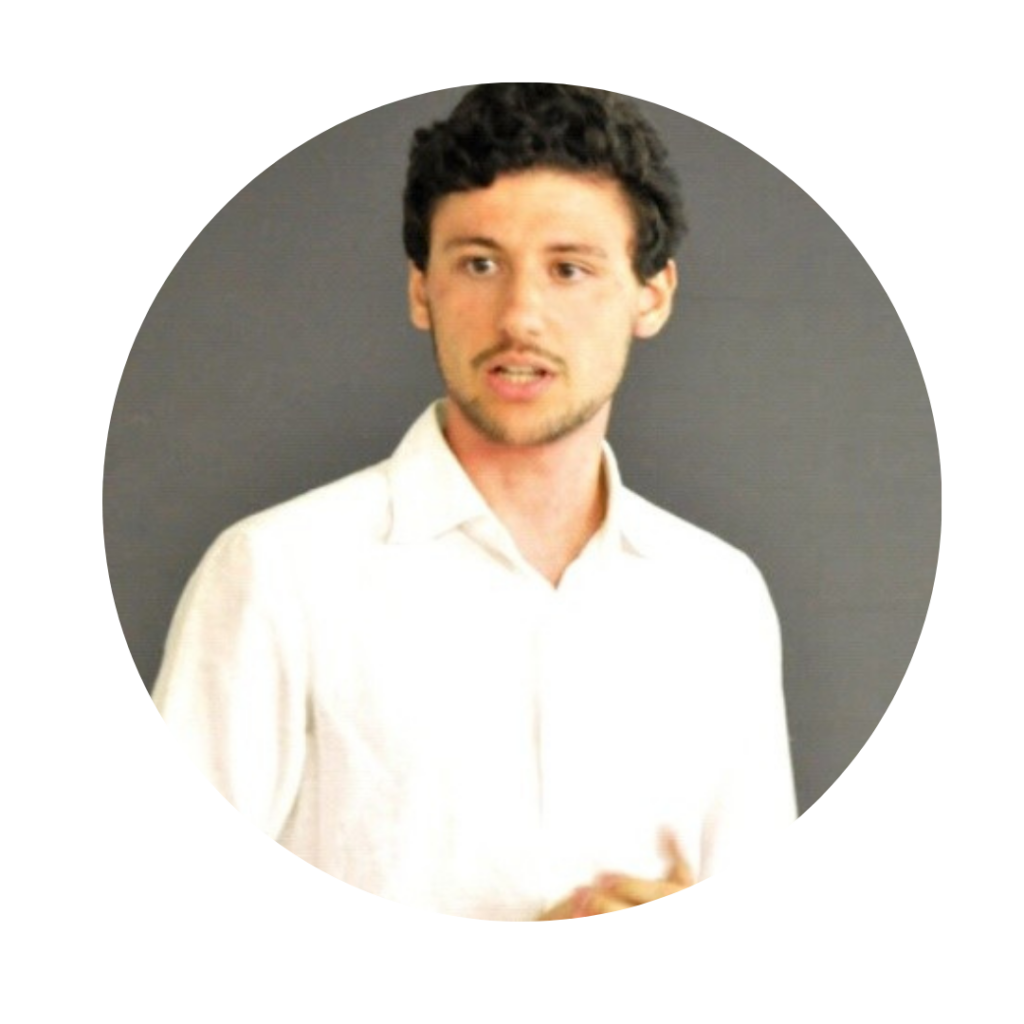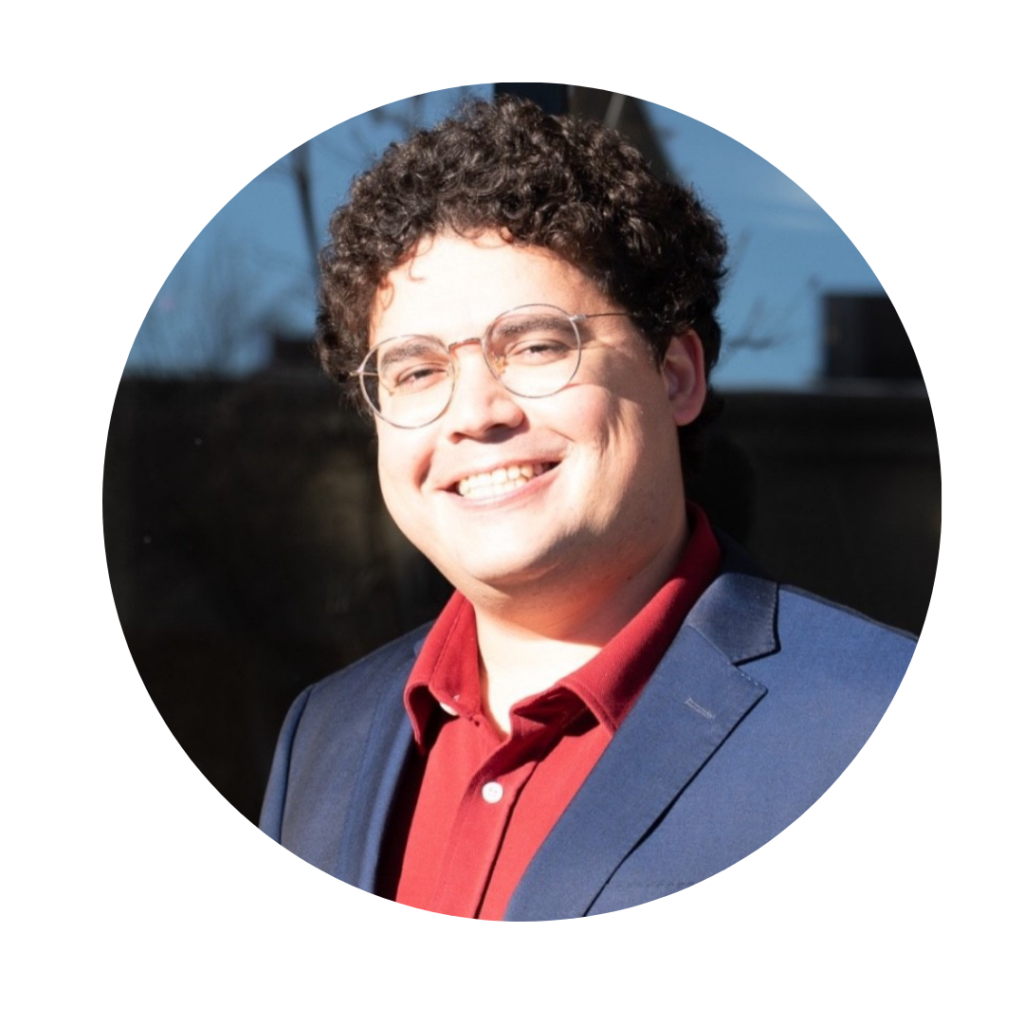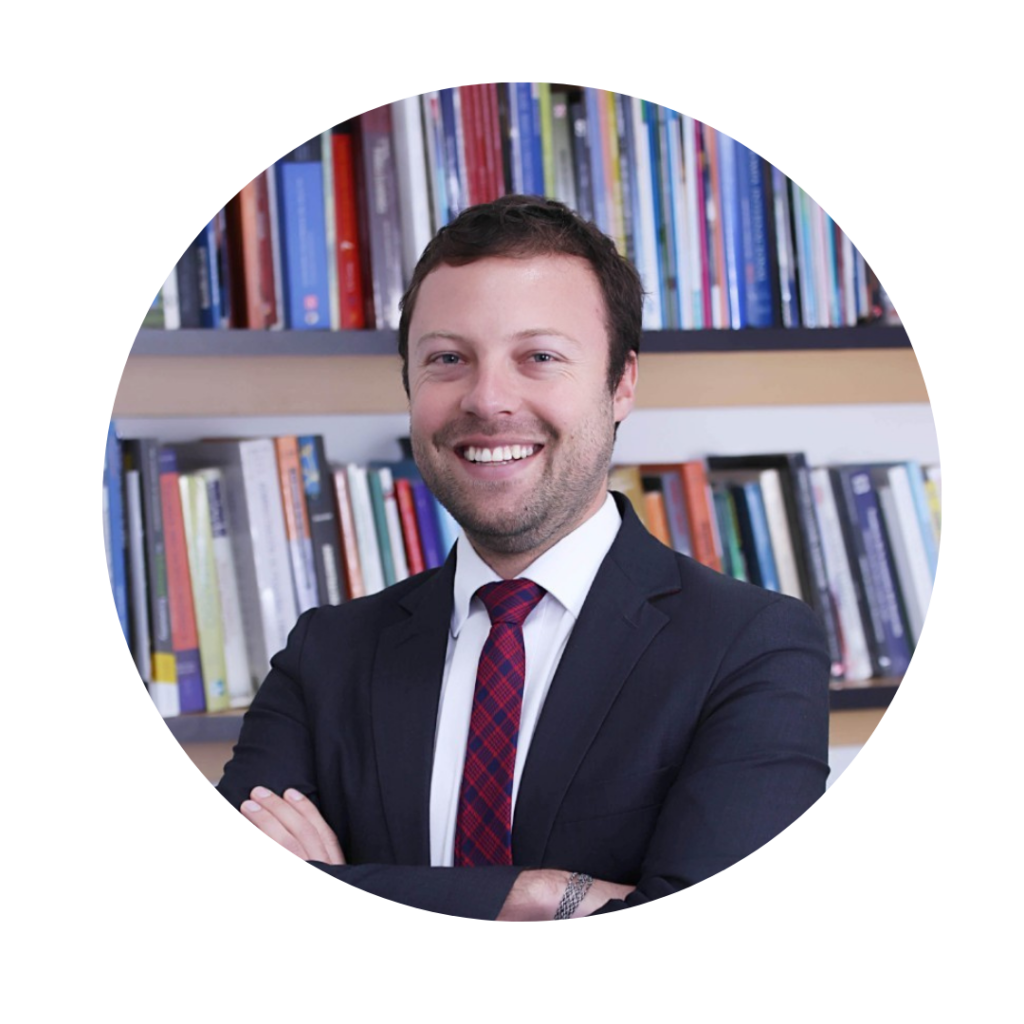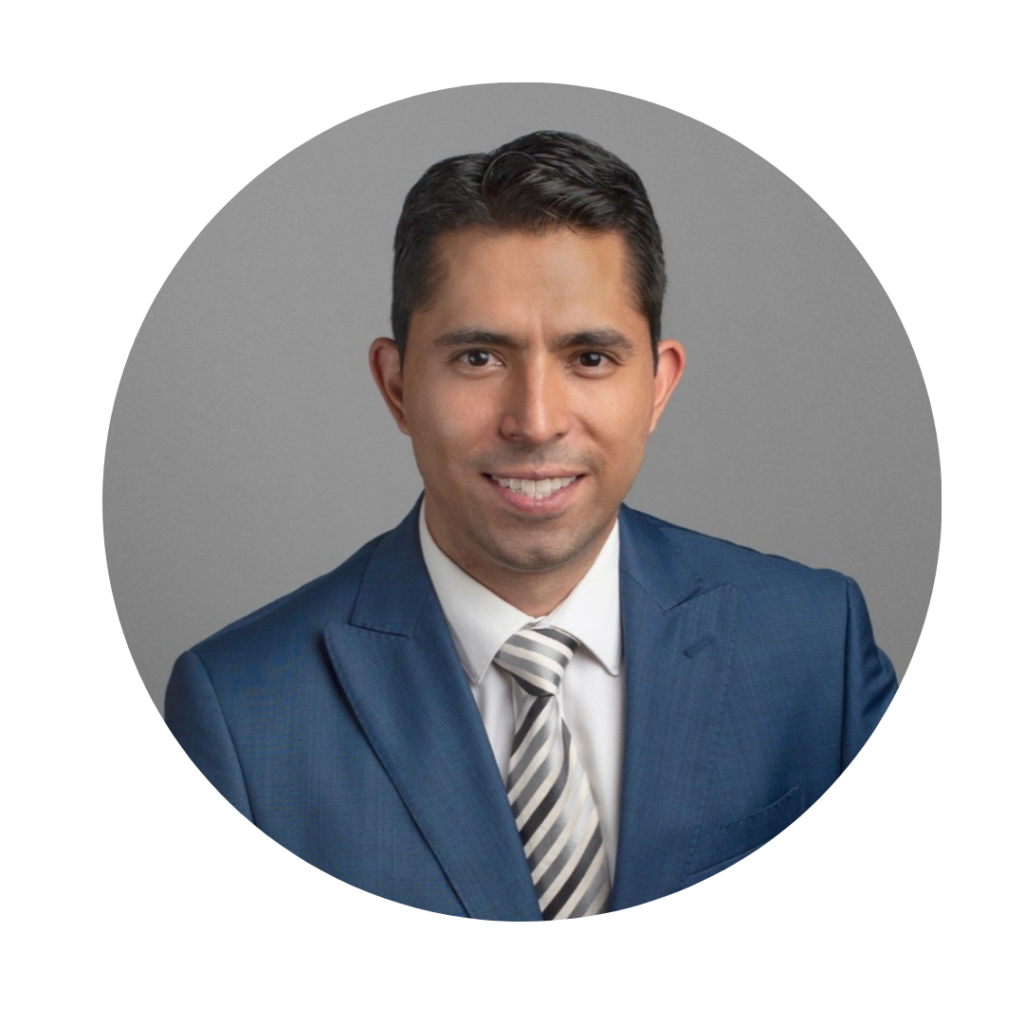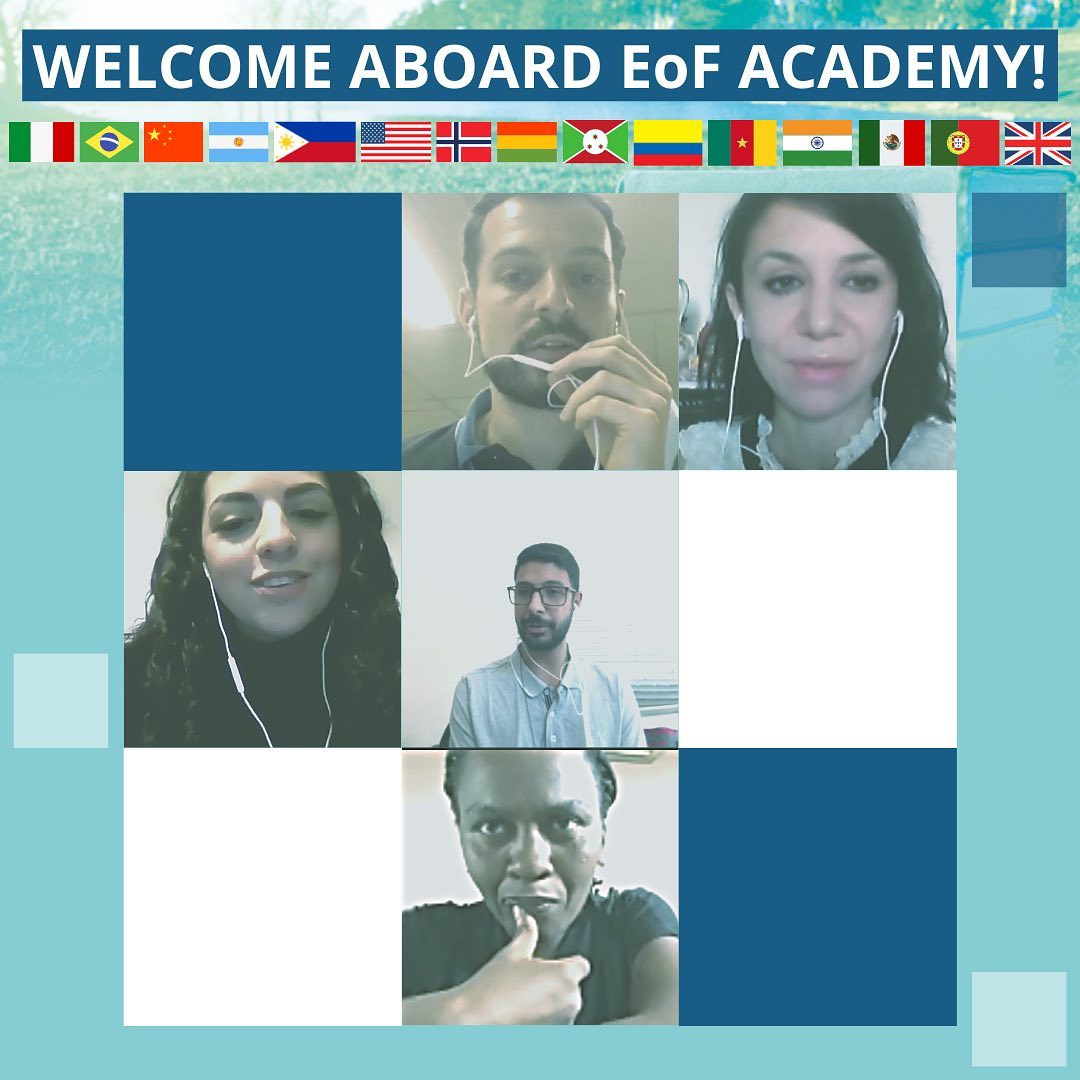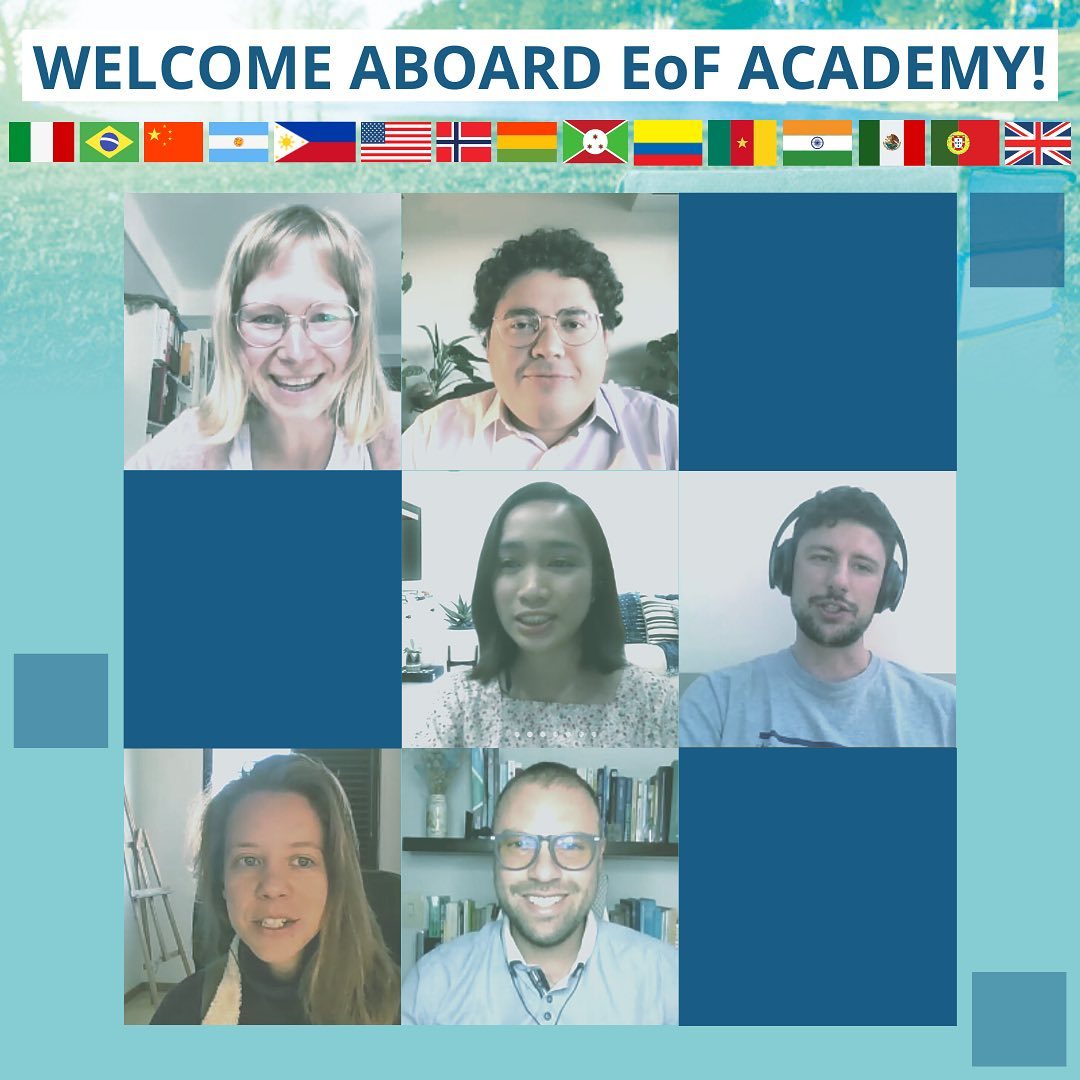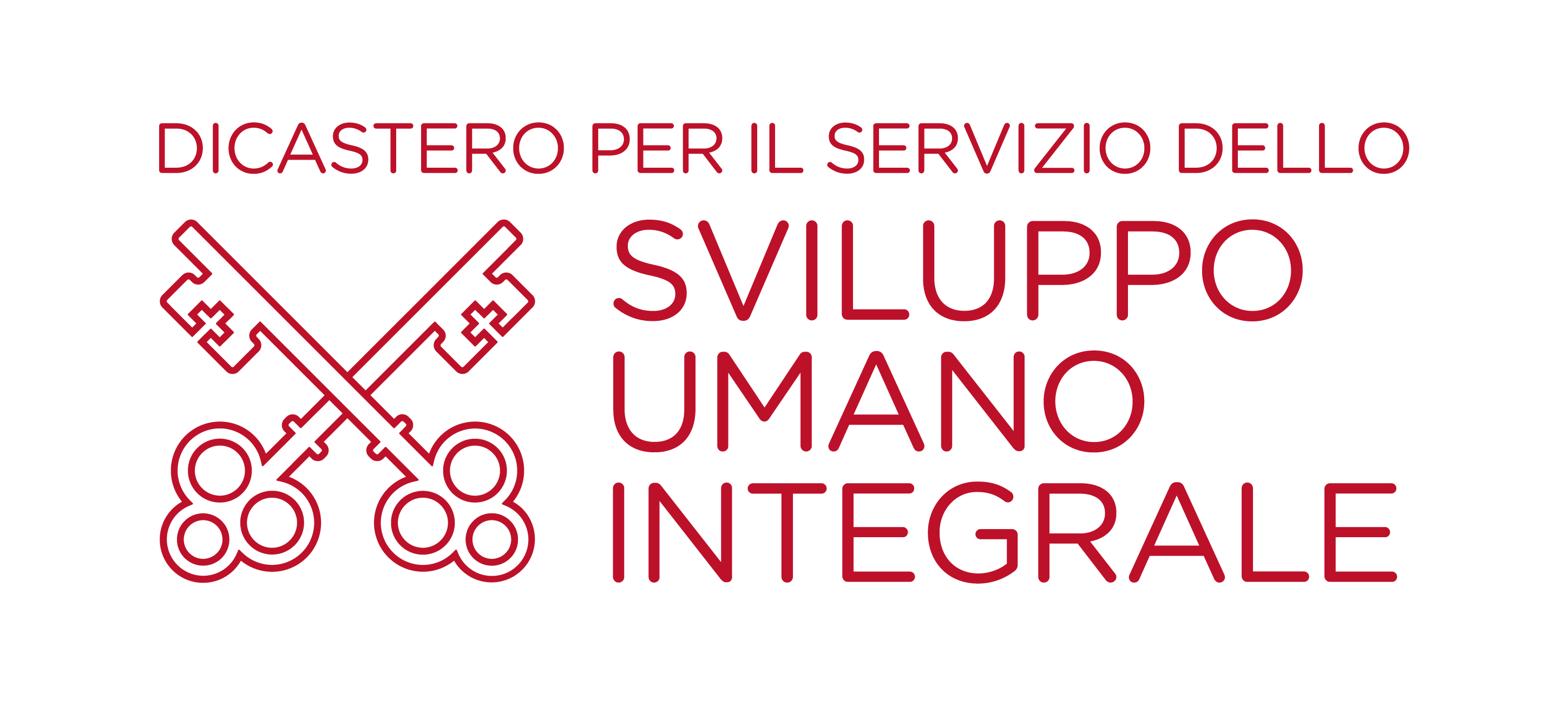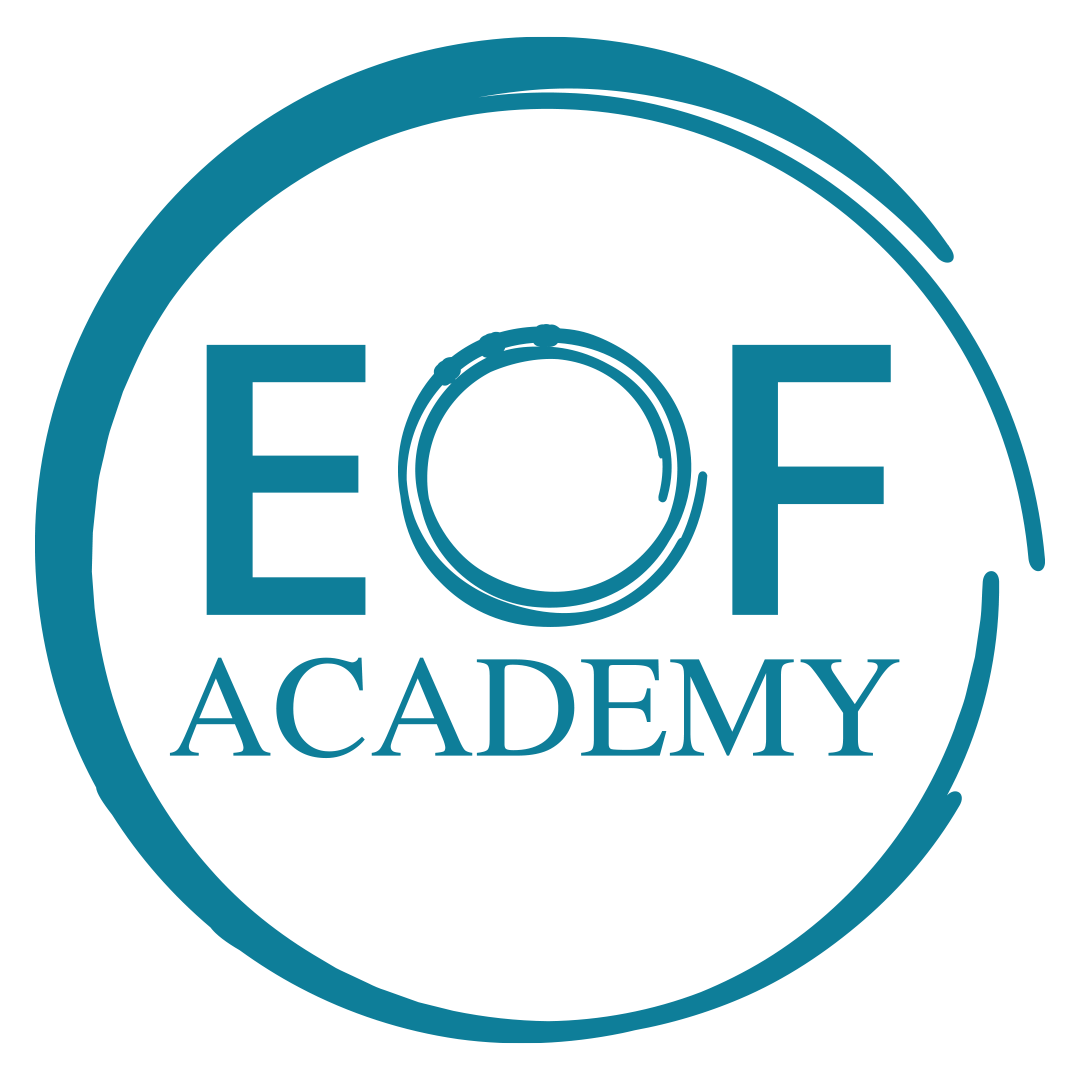
La EoF Academy è la rete internazionale di studiosi che si è costituita con l’obiettivo di condurre e promuovere la ricerca scientifica su questioni relative a The Economy of Francesco.
Il primo programma di EoF Research Fellowship è stato aperto a giovani dottorandi nel campo dell’economia o in campi accademici correlati, provenienti da tutti i paesi, per aiutare i giovani economisti, che sono impegnati o aspirano ad una carriera accademica, a raggiungere il necessario background scientifico in particolare per quanto riguarda i temi di interesse di EoF. Per raggiungere questo obiettivo, sono state concesse 13 piccole borse di ricerca per l’anno 2021/2022. Dopo il processo di valutazione e selezione, il 29 giugno il Prof. Luigino Bruni, coordinatore scientifico di EoF, ha accolto nell’ EoF Academy 18 giovani ricercatori, provenienti da 15 paesi e formati in diverse discipline. La supervisione dell’attività svolta dai ricercatori dell’EoF Academy è affidata ai membri dell’EoF Academy Fellows.
EoF Academy Fellows
Luigino Bruni (Italy) | Economist. LUMSA University
Stefano Zamagni (Italy) | Economist and President of the Pontifical Academy of Social Sciences
Anouk Grevin (France) | Economist. Univ. Nantes
Luca Crivelli (Switzerland) | Economist. Univ. SUPSI
Matteo Rizzolli (Italy) | Associate professor of Economic Policy. LUMSA University
Domenico Rossignoli (Italy) | Assistant professor. Università Cattolica del Sacro Cuore
Gherardo Girardi (UK) | Associate Professor of Economics and Finance, University of St Mary
Giulio Guarini (Italy) | Associate professor. Università degli studi della Tuscia (Viterbo)
Consuelo Corradi (Italy) | Professor of Sociology, Lumsa University
Helen Alford (Italy) | Professor and former Dean of the Faculty of Social Sciences at the Pontifical University of St Thomas
Paolo Benanti (Italy) | Professor of ethics, moral theology, and bioethics. Pontificia Università Gregoriana
Adriana Gómez Chico Spamer (Mexico)
Antonio Magliulo (Italy) | Full Professor of History of Economic Thought. Studi Internazionali di Roma (UNINT)
Ricardo Zozimo (Portugal) | Assistant Professor of Management at Nova School of Business and Economics
Américo M S Carvalho Mendes (Portugal) | Head of ATES – The Transversal Area of Social Economy of the Catholic University of Portugal (Porto)
Andrea Piccaluga (Italy) | Director of the Institute of Management at Scuola Superiore Sant’Anna (Pisa)
Paul H. Dembinski (Poland) | Associate professor at the University of Fribourg
Anthony Annett (USA) | Ph.D. in Economics. Climate Change and Sustainable Development Advisor, Earth Institute, Columbia University, Ethics of Sustainable Development
Daniel Ernesto Stigliano (Argentina) | Profesor de la Universidad de Buenos Aires (Facultad de Ciencias Económicas)
Luca Parisoli (Italy) | Associate Professor. Università della Calabria
Alessandro Federici (Italy) | Research Fellow presso ENEA – Agenzia Nazionale per le Nuove Tecnologie, l’Energia e lo Sviluppo Economico Sostenibile
Valentina Rotondi (Italy – Switzerland – UK)) | Lecturer and researcher, SUPSI – Research Associate, University of Oxford
Paolo Santori (Italy – Netherlands) | Teacher. Tilburg School of Humanities and Digital Sciences – Department of Philosophy (Tilburg University)


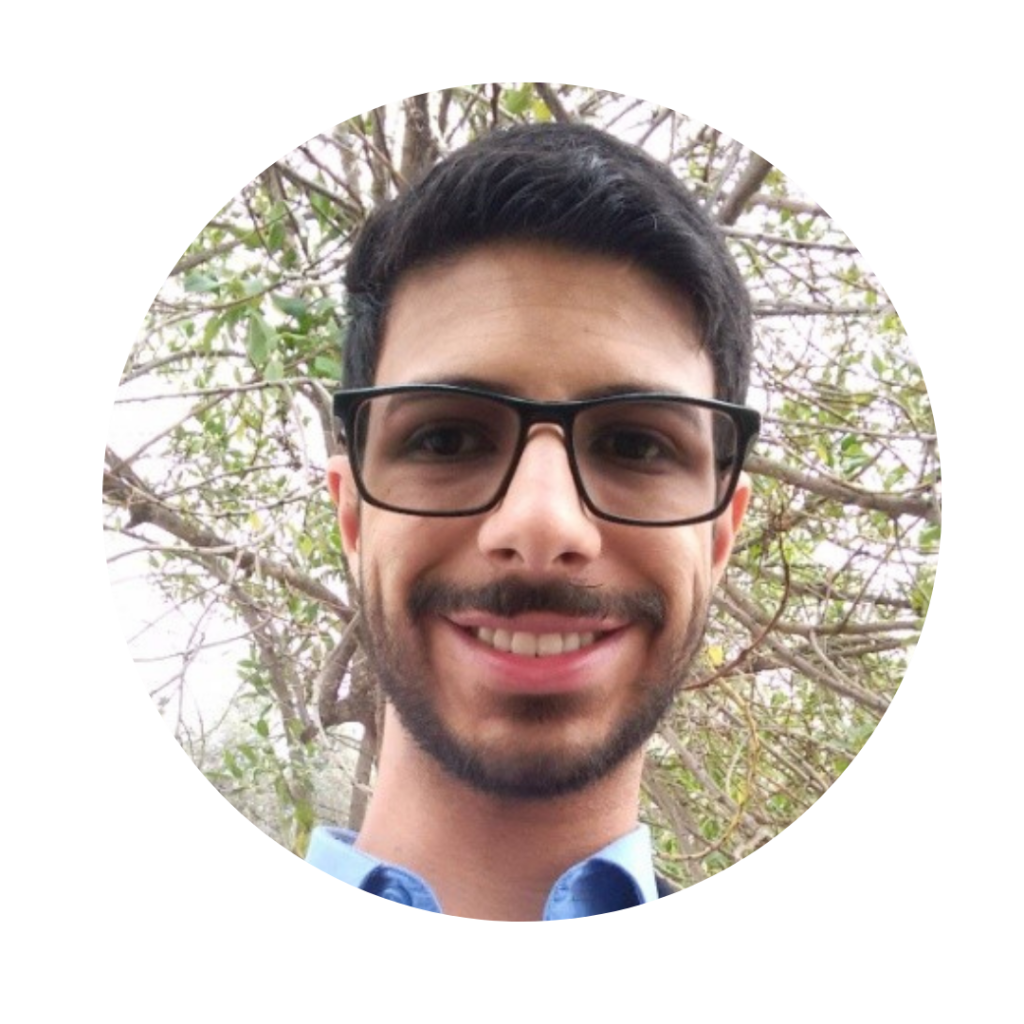 Public policies to reduce environmental impacts and inequality income while maximizing economic growth, renewable energy consumption and giving
Public policies to reduce environmental impacts and inequality income while maximizing economic growth, renewable energy consumption and giving Digital inclusion, the relational State and the common good: A case study of Argentine’s digital inclusion policies from the Relational Sociology paradigm
Digital inclusion, the relational State and the common good: A case study of Argentine’s digital inclusion policies from the Relational Sociology paradigm
